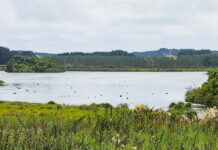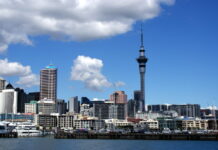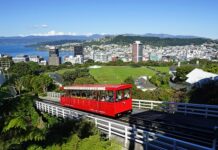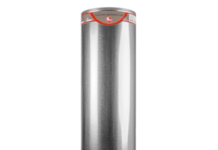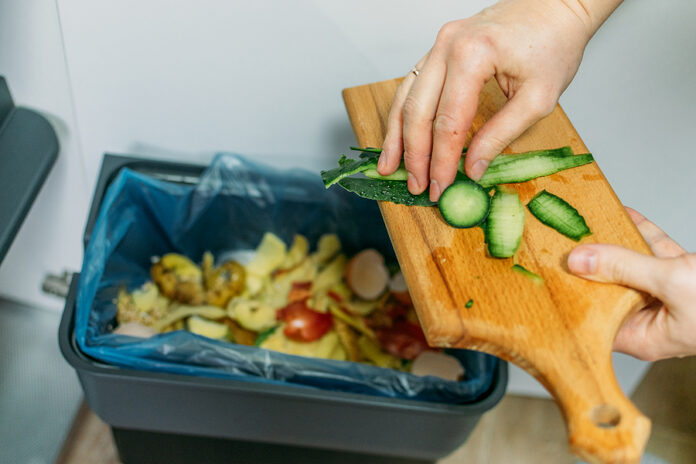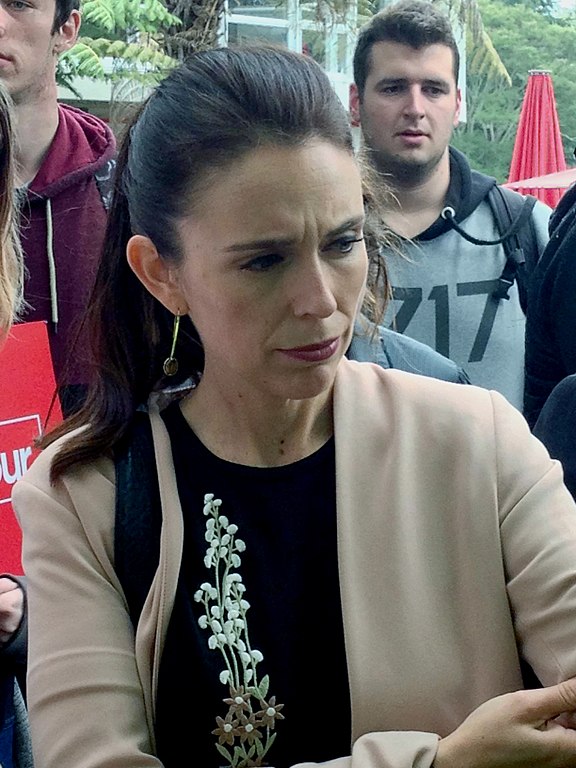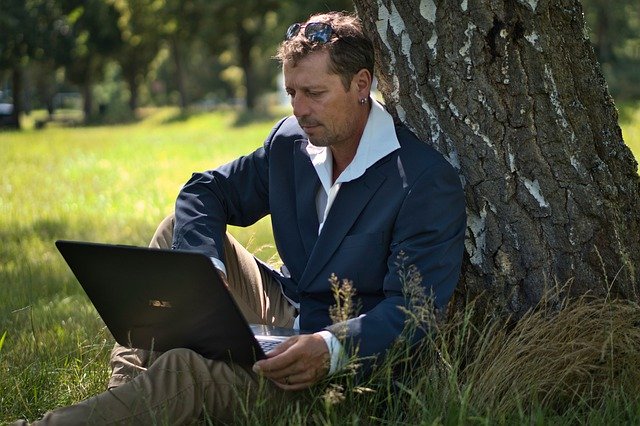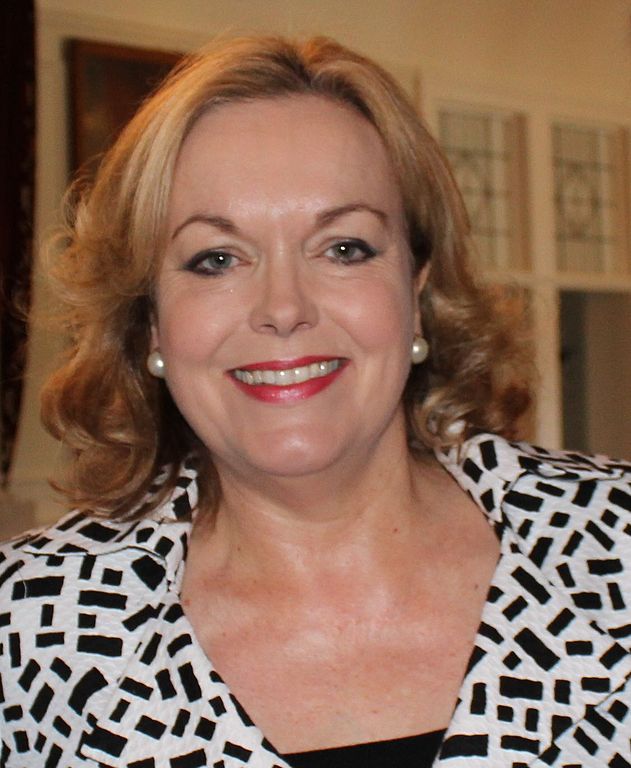One of the many incredible qualities of wholesale essential oils is the positive impact it has on our gut health. Current news has dictated that wholesale essential oils are being tested at the University of Queensland on how these ingredients can benefit the digestion of baby chickens. There has been extensive research on the gut-friendly benefit of our native wholesale essentials, from lemon myrtle to eucalyptus. With this in mind, we will be uncovering the digestive benefits we can obtain from wholesale essential oils. Go with your gut with the help of our wonderful wholesale essential oils.
What are Wholesale Essential Oils?
Wholesale essential oils are oils that are sourced from the extraction of a mixture of herbs and plants. You can find these combinations in barks, flowers, roots, and seeds. In comparison to the original source, these wholesale essential oils have a stronger aroma due to the fact that there is a substantially large number of active ingredients included, highlighting their overall power. There is also an incredible selection of wholesale essential oils that you can choose from. Wholesale essentials oils are drawn out through the process known as cold pressing, which is when you obtain the extraction through distillation or by physically squeezing the natural source. Carrier oils such as coconut oil are used to dilute the product to make sure you don’t get any extreme reactions on the skin. There are a variety of health benefits to wholesale essential oils, especially your digestive health.
What Came First: The Chicken or The Egg?
A recent study by the University of Queensland explored the possible digestive benefits wholesale essential oils has on animals, particularly on baby chicks. Australian wholesale essential oils such as eucalyptus, lemon myrtle, and tea tree oil were being tested on chicken eggs to determine whether they improve the health status of the hatchling. They have done extensive research on these Australian wholesale essential oils highlighting their incredibly anti-bacterial properties, being able to improve appetite and digestion, keeping these chicks in peak health condition by having a good amount of microflora in their gut. These scientists aim to study the chick’s growth and development during the first fortnight of its life.
The Incredibly Gut-friendly Qualities of Wholesale Essential Oils 
As the essential philosopher, Hippocrates, once said, “all diseases begin in the gut.”
Wholesale essential oils have been known to dramatically improve your immune system, including your gut. These days, the increase of chemicals in our environment makes it hard for us to fight exposure to these toxins, affecting our digestive system in the long run. More and more people are becoming susceptible to gut inflammatory issues such as bloating, gas, and indigestion. The increase of exposure to chemicals slowly causes a build-up of toxins in our system, which over time may slowly overflow in a bucket, causing further damage to our overall health status. Whether for fast food or at a restaurant, the foods you purchase have GMOs (genetically modified organisms), which our bodies have not yet evolved to be able to eat. Eating these foods can be incredibly damaging to the gut lining of our bodies. Another way to help improve our gut symptoms is through lifestyle changes, including alleviating stress, better sleep, and exercise. There is an even deeper connection between the mind and the gut – with the two intertwined in order to enhance your health. While diet is a highly essential factor in improving gut health, wholesale essential oils are a remedy that can help alleviate inflammatory systems, improving your overall digestion. In the next section, we will be going over the best raw cosmetic ingredients for your gut.
The Best Wholesale Essential Oils for the Gut
Ginger
There is a variety of health advantages to using ginger as one of the best wholesale essential oils, especially for gut health. Ginger is known to be used as a tonic or laxative as it relaxes the muscles and tissues. It is suggested not to use ginger oil in the evening as it can have a stimulating effect on the digestive system. Ginger is known to alleviate symptoms of flatulence, diarrhoea, indigestion, nausea, and vomiting, and morning sickness.
Eucalyptus
Eucalyptus is known for its anti-microbial properties that fight against bacteria, fungi, and viruses, being able to combat the common cold. Their unique qualities work to fend off the microorganisms that cause this illness in the first place. It has been known to prevent further development of the virus of genital herpes. Due to their anti-fungal fighting properties, these wholesale essential oils can alleviate symptoms of fungal illnesses such as candida and toenail fungus. Despite its ability to help with respiratory infections, eucalyptus oil is perfect for digestive problems, alleviating kidney stones to even diarrhoea.
Tea Tree Oil
Tea tree oil is perfect for overcoming redness, inflammation, and itch associated with an allergic reaction. It is also widely known for its antiseptic properties to alleviate issues of wounds and cuts. Tea tree oil is especially useful for your gut, being incredibly helpful if you are dealing with a case of gastrointestinal infection. You can add a piece of cloth with a few drops of tea tree oil alongside a carrier oil and pop it over your stomach.
Lemon 
Lemon is largely beneficial for all your digestive worries. You can definitely stomach these wholesale essential oils as these oils have been found in an impressive amount of cultural dishes from around the world. This extraction comes from the zest of the lemon, adding to its intensely sour scent. Lemon is incredibly advantageous for a variety of digestive issues such as constipation, hangovers, heartburn, intestinal parasite, and even overeating.
Peppermint
You’ve seen the magic peppermint tea has on your bellyaches! Peppermint is the perfect remedy to ease your stomach after a big meal. This wholesale essential oil has anti-inflammatory, anti-pain, and antispasmodic properties, making it a triple threat for your gut. Peppermint works to alleviate the painfully embarrassing digestive symptoms, including irritable bowel syndrome, constipation, heartburn, to indigestion. It is important to note that peppermint can wake you up. Therefore, it is best not to use it right before bedtime, or else you’ll be up for a few hours. This wholesale essential oil works to ease your intestinal muscles, making sure your stomach is as smooth as possible.
The takeaway
Wholesale essential oils are incredibly beneficial for your digestive and gut health. As the recent study on improvements on digestion for baby chicks, we can clearly see there is a link between essential oils in their ability to aid symptoms of indigestion and lack of nutrients. With the current overload of toxins in the environment and our diets, our health has become affected, causing a weaker digestive system. These oils can help alleviate symptoms of gut issues by giving you improved digestion, which will overall improve your health to your sleep. Great examples of oils that can help ease your stomach include ginger, peppermint, lemon, tea tree oil, and eucalyptus. N-essentials has a list of incredible oils to aid your gut which you’ll love a “whole” lot!




